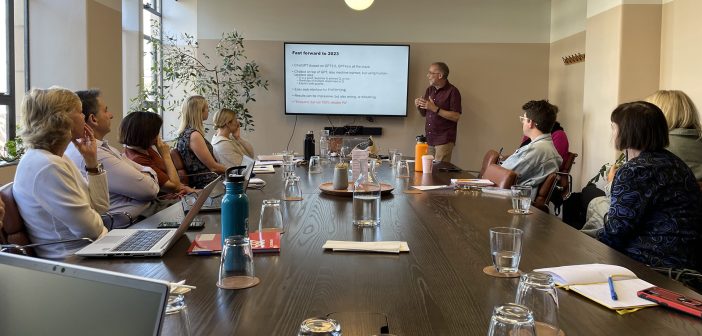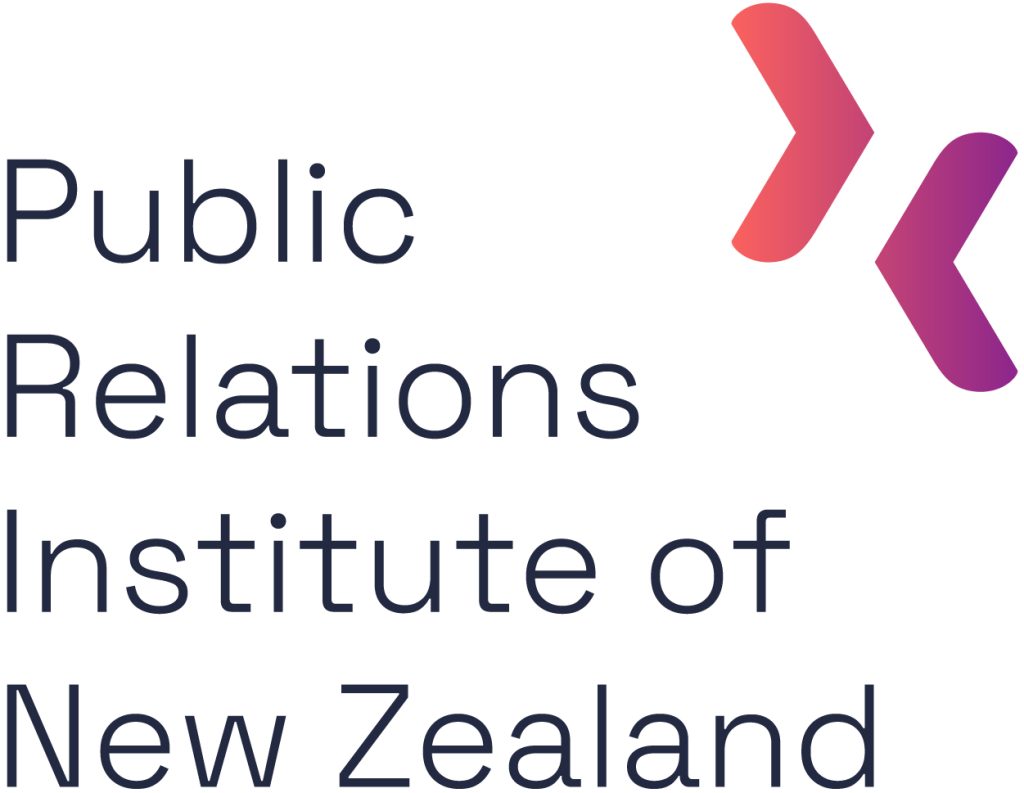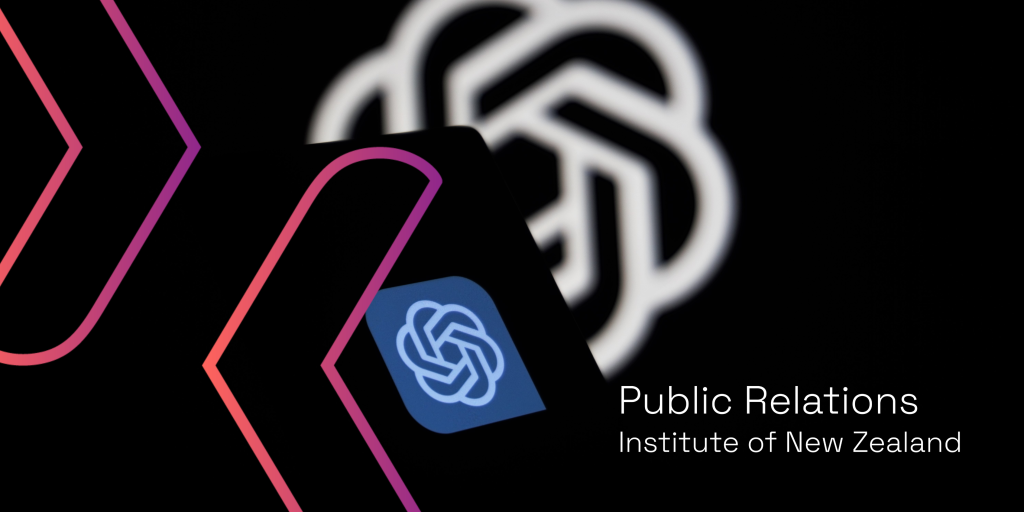How will AI impact your business? – Waikato Business News

Published on Waikato Business News on 26/05/2023
Is artificial intelligence coming for your job?
A recent report from Goldman Sachs suggests that generative artificial intelligence systems will affect 300 million full time jobs worldwide, and significantly disrupt the labour market.
It’s got some people worried. Some 62 percent of Americans believe AI will impact jobs over the next 20 years, according to a Pew Research Center report released recently [April 20].
According to Professor Bernhard Pfahringer, co-director of Te Ipu o te Mahara AI Institute at University of Waikato, there is nothing to fear.
“Twenty years ago, artificial intelligence was an aspiration, but now it is a reality with far-reaching implications,” he says.
“It is a tool with huge potential to help us all, and change the way we work and live, just like the Internet did.”
Professor Pfahringer is a lecturer in the Computing and Mathematical Sciences at the University. His research focuses on AI, deep learning and machine learning.
He spoke about ChatGPT, AI and its implications at a learning lunch organised by the Waikato Public Relations Institute of New Zealand (PRINZ) committee in April.
Professor Pfahringer said that AI tools have the potential to boost productivity and save labour costs across many industries, but many also lead to unemployment in certain roles or sectors.
“Some jobs will disappear, but new ones will emerge.”
Roles that could be impacted by the new technology include administrative and legal services, journalism and content creation, web coding and software engineering.
ChatGPT is a large language model created by OpenAI that predicts the next word in a sequence of words, and, by iterating the process, can create long sections of text, says Professor Pfahringer.
The chatbot is trained on huge amounts of publicly available information on the Internet, including news and journal articles, alongside open-source computer code.
There are other similar generative AI models, including Google’s Bard and those that produce images, video, audio and text based on prompts, currently available. New innovations and improved interactions are also in the pipeline.
Professor Pfahringer believes that, in the future, AI will be incorporated into word processing programmes, like spell checker apps are today.
This will speed up the process of transcribing, analysing and organising vast amounts of information – helpful for a range of professions, from legal and human resources, to media, public relations and education.
To ensure equity, he believes that subscribing to generative AI models and other emerging technologies should be made widely accessible to schools, community organisations and in business settings.
There are some concerns surrounding these AI tools however, including accuracy, the generation and distribution of fake news and misinformation, implications for creatives and creativity, cheating on assignments, and copyright and plagiarism, among other things.
There is also concern about how te ao Māori and other world views outside the dominant US-centric mainstream are reflected or accommodated by commercially dominant large language models.
For those using ChatGPT for research or content generation, accuracy is still a concern.
Professor Pfahringer says that these “are hallucinations; sometimes AI just makes things up”.
ChatGPT doesn’t always produce factually correct text, although articles can read as entirely plausible on first read.
“This is a risk, especially if you do not take a critical approach and accept it as fact, and then share it as false information.”
The takeaway is, use AI tools to speed up your work processes, for idea generation or as a starting point, but double check everything.
Creativity and critical thinking can not be easily replaced.
Humans are still very much needed to manage the process and ensure accuracy.
– By Kate Monahan Public Relations Institute of New Zealand (PRINZ) Waikato committee deputy chair





